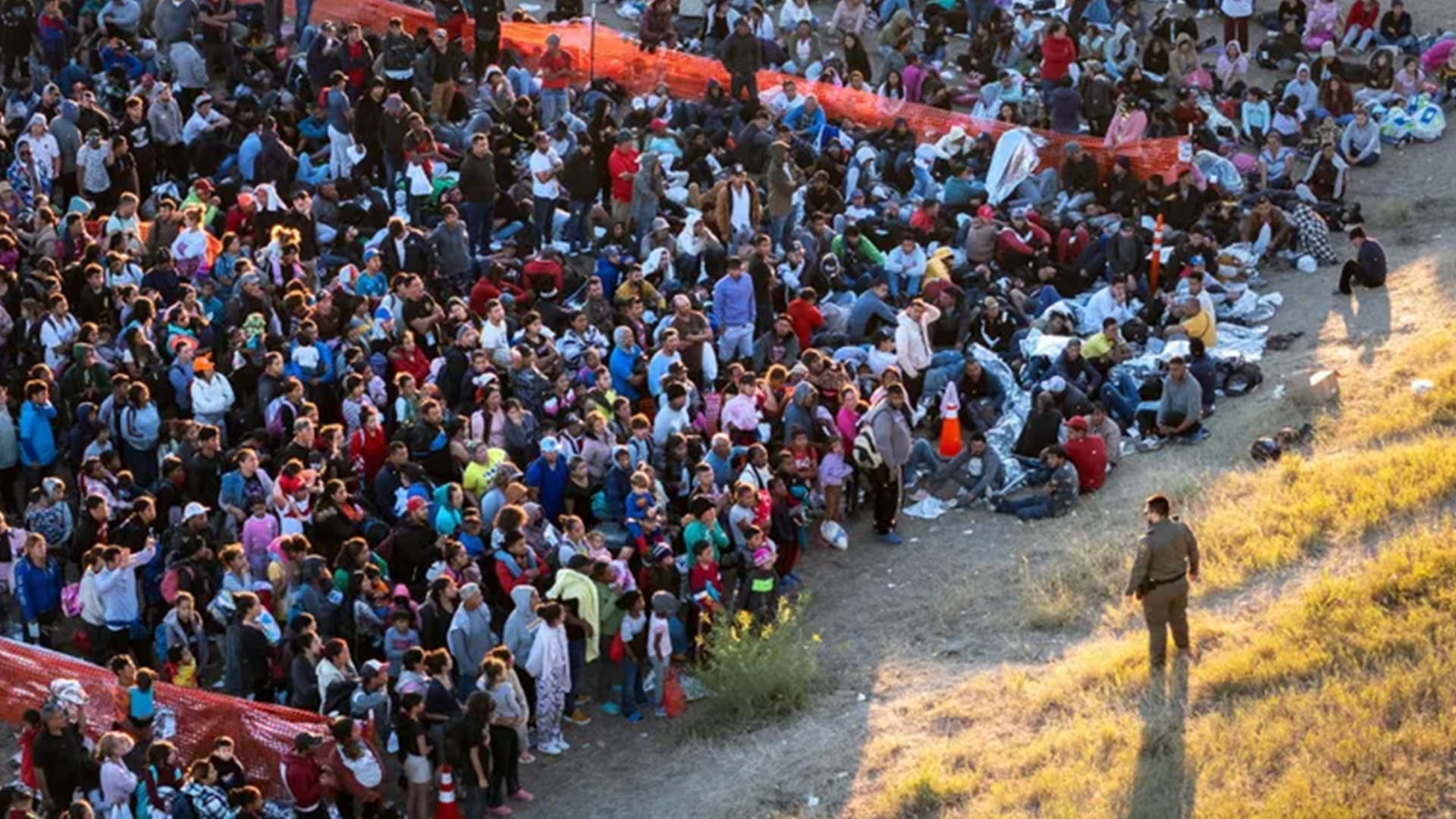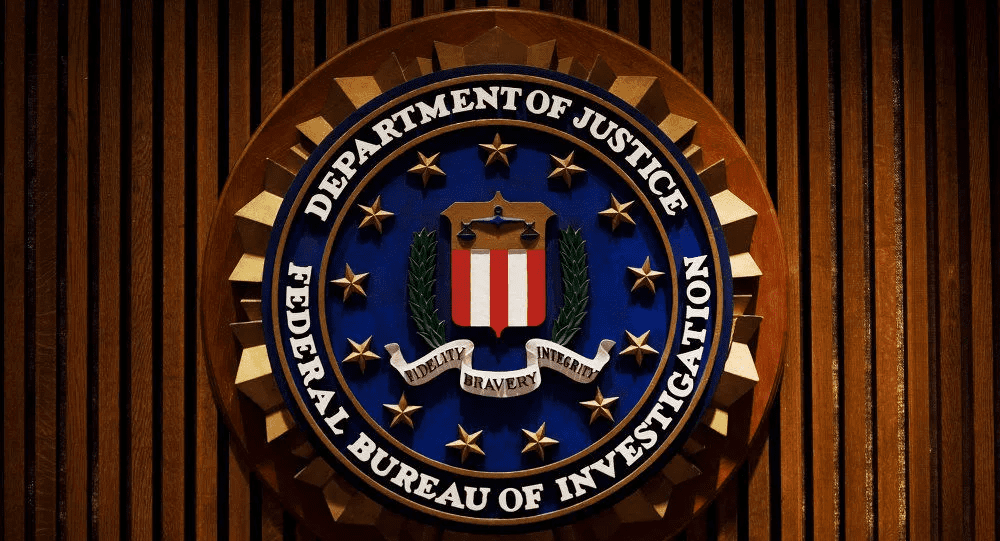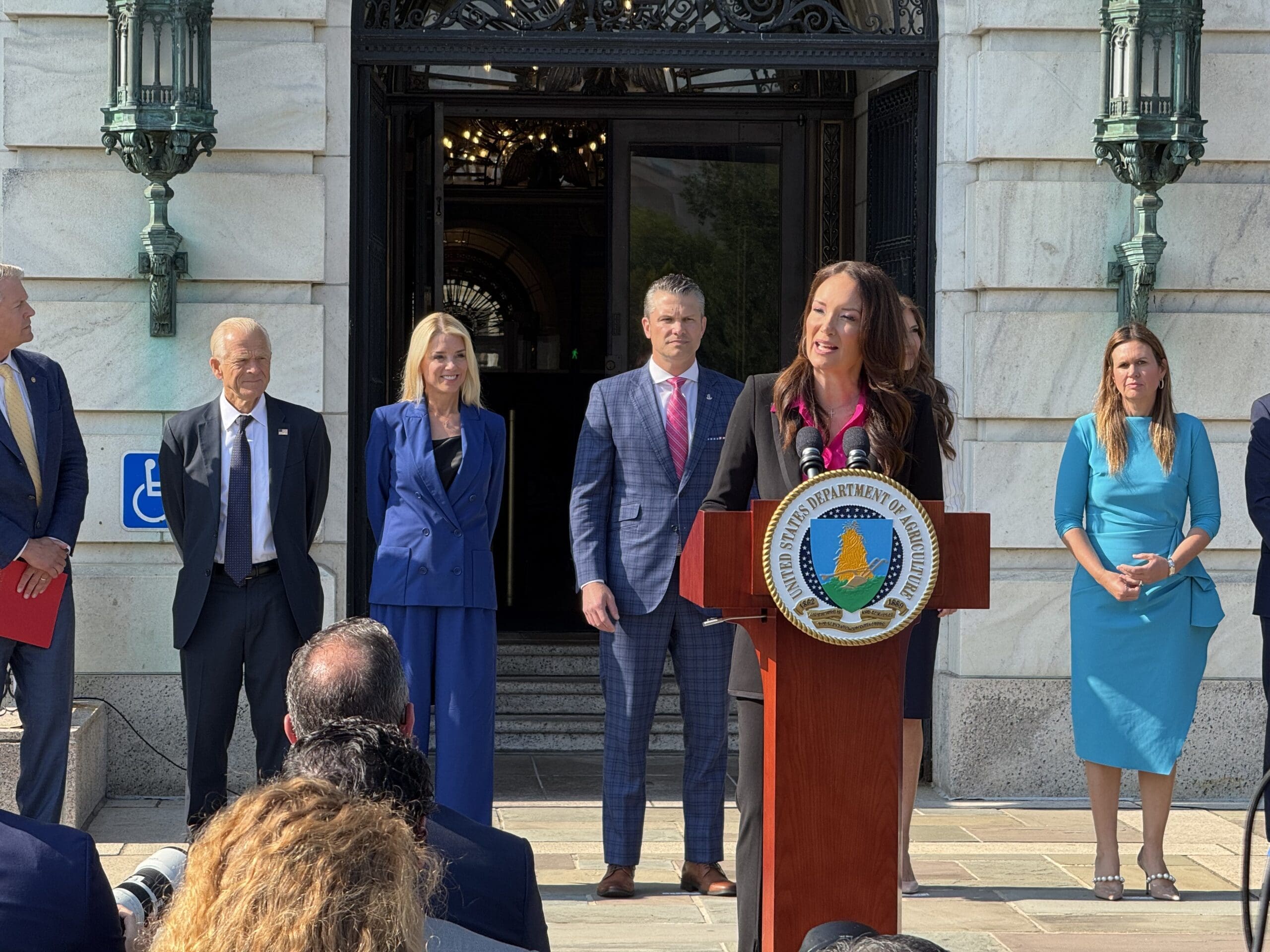As the Texas Senate moves swiftly to pass Gov. Greg Abbott’s priorities for the third special legislative session, the Border Security Committee passed two measures out of committee for consideration by the full chamber.
Senate Bill 4 by State Sen. Pete Flores (R–Pleasanton) will increase penalties for human smuggling and operating a stash house.
“The intent of this legislation is to go after those who are profiting off and endangering the lives of innocent people,” explained Flores.
SB 4 will increase the penalty for human smuggling to a third degree felony with a 10 year minimum sentence or a five year minimum sentence for those who cooperate with law enforcement. Operating a stash house will carry a five year minimum sentence, and if the stash house is used for smuggling, trafficking, or prostitution, it escalates to a second or third degree felony with the minimum sentence rising to 10 years.
Additionally, it enhances penalties for offenses committed while smuggling, such as assault, burglary, and evading arrest, to third degree felonies.
Lauren Johnson of the ACLU of Texas testified before the committee that “mandatory minimums are very ineffective at deterring crime. They create more problems than they solve.” She recommended amending the measure to allow judges judicial discretion where they can choose not to seek the mandatory minimum sentence.
Chief Deputy Jimmy Fullen of the Galveston County Constables Office has been assisting Kinney County as part of the Border Security Response Team under Operation Lone Star. He testified, “SB 4 is a much needed deterrent to help start reining in the human smuggling that is occurring.”
The committee unanimously voted in favor of passing SB 4.
Senate Bill 11 by State Sen. Brian Birdwell (R–Granbury) will create a criminal penalty for improper entry from a foreign nation.
A first offense would be a Class A misdemeanor upon conviction. A second would be a state jail felony. A third becomes a second degree felony.
“This bill also directs a first option to DPS to avoid the possible overcrowding of border county jails,” said Birdwell. “This provides that when a law enforcement officer arrests an individual for this offense, to the extent feasible, the individual shall be detained in a facility established under Operation Lone Star or a similar border security operation of this state.”
Bryan Collier, Executive Director of the Texas Department of Criminal Justice, told the committee that “roughly 3,000 beds” are available for Operation Lone Star detainees. Currently, he said only 632 beds are occupied, leaving around 2,300 empty beds.
Collier said the issue with using all beds around the state for additional OLS detainees has more to do with staffing shortages than a lack of available beds.
When asked whether Texas would be apprehending the millions of illegal border crossers, DPS Director Steven McCraw said realistically the answer is no.
“Based on historical numbers, [it] is probably going to remain around—closer for DPS standpoint—about 70 to 75,000 a year unless Border Patrol just walks away,” said McCraw.
He highlighted that Texas would mainly deal with the got-aways, which still number in the hundreds of thousands.
Adam Haynes, Policy Director for the Conference of Urban Counties, and Charles Reed, Assistant County Administrator for the Dallas County Commissioners Court, both raised concerns about the cost to local counties.
Class A misdemeanors are served in county jails, and both Haynes and Reed highlighted concerns as to how these sentences would affect local county costs.
Galveston County Constable Justin West testified that SB 11 would “allow Texas law enforcement to have tools necessary to complete the work” under Operation Lone Star.
“We’re fighting an uphill battle,” said West.
He relayed a story of how one Galveston County Deputy stopped a vehicle heading towards high water during a storm and everyone in the vehicle ran. He said the only individual captured was a “North Korean national with a South Korean passport, who was smuggled from Mexico City into the country.” West said the U.S. State Department “whisked” her away under rumors of international espionage.
“This is the kind of stuff we’re dealing with right now,” said West. “Let this bill serve as a virtual wall. Once illegal aliens know they won’t get a free phone and place to stay and food, but instead arrest and prosecution, word’s going to spread and numbers will go down.”
Birdwell highlighted that “SB 11 neither enforces nor contradicts federal immigration law, it is carefully tailored to avoid intruding on federal immigration enforcement authority, while providing law enforcement with an important new tool to deter improper or unlawful entry into Texas.”
SB 11 was passed out of committee by a vote of 3-2 along party lines.
Both SB 4 and SB 11 are expected to be voted on by the full Senate on Thursday.





